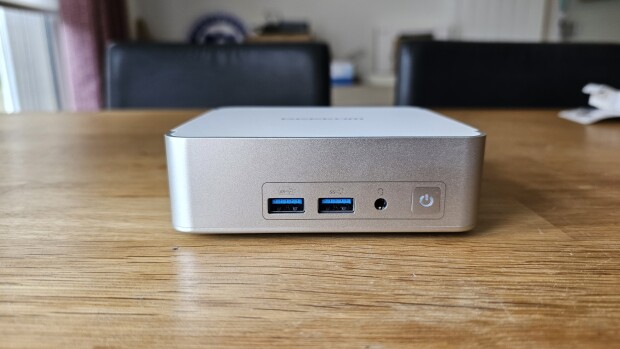
Michael Price of Brennan Center has just bought a new smart TV to replace his older, less smart, one, this new TV is capable of streaming multimedia content, games, apps, social media, and Internet browsing. It also has a built-in camera and a microphone with facial recognition technology to enable logging in to a personal account using your face and to facilitate gesture and voice control. There is only one little problem, the privacy policy.
Michael has read through the entire 46-page privacy policy and the result? He is terrified of his new TV. Apparently, the TV collects a staggering amount of personal data which includes:
"It logs where, when, how, and for how long you use the TV. It sets tracking cookies and beacons designed to detect “when you have viewed particular content or a particular email message.” It records “the apps you use, the websites you visit, and how you interact with content.” It ignores “do-not-track” requests as a considered matter of policy."
The more troubling thing for Price is the TV's microphone. The price you have to pay for using the voice control feature is that:
"if your spoken words include personal or other sensitive information, that information will be among the data captured and transmitted to a third party.”
Which essentially means that you might not be watching it all the time, but your TV will always be listening - and "transmitting data to a third party."
Of course, a person can still opt-out of data collection but consequently, you will not be able to utilize the high end or "smart" features of your TV; the person using this device will have to choose between retaining your personal data or to use the high end features of this TV.
Price argues that:
"We should not have to channel surf worried that the TV is recording our behavior for the benefit of advertisers and police. Companies need to become more mindful of consumer privacy when deciding whether to collect personal data. And law enforcement should most certainly be required to get a warrant before accessing it."
The current laws, however, do not offer privacy protection against electronic devices which includes email, telephone records and cloud data. This issue is turning out to be a worrying factor for people as the "Internet of Things" matures and connects to every physical object to the Internet or as Price says:
“Your ceiling lights, thermostat, and washing machine — even your socks — may be wired to interact online. The FBI will not have to bug your living room; you will do it yourself.”
While we have not heard of anyone having their passwords stolen via a smart T.V. or the like, it is a real privacy concern and one too keep in mind as more devices connect to the web.
Source: Brennan Center via BGR |Image via avforums



















93 Comments - Add comment